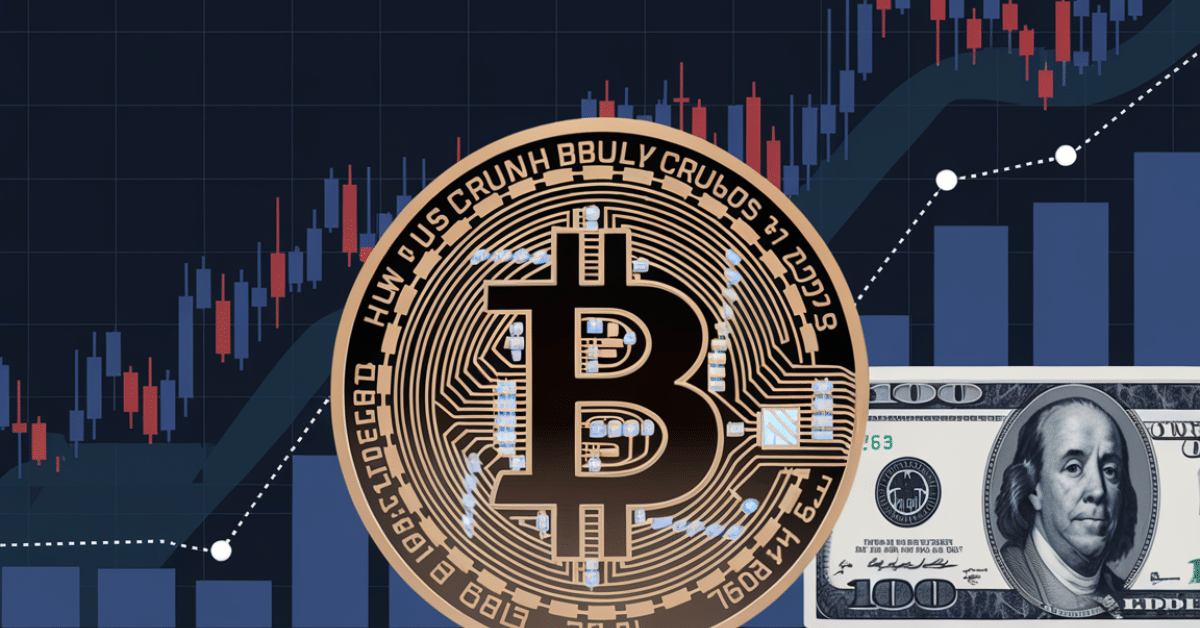Key Takeaways
- Bitcoin transactions are open to everyone, and every user has a public address, like a digital wallet.
- Bitcoin transactions are recorded on a public blockchain, making them traceable.
- Bitcoin offers privacy, but it’s not perfect. It’s important to understand its limitations and take steps to protect your privacy.
How Transactions Are Traced
Bitcoin transactions are recorded on a public list; everyone can see it. Each person using Bitcoin has a public address, like a digital wallet. This address can sometimes be traced back to their real name or location.
People used to think that Bitcoin was a complete secret, which worried some people that it might be used for bad things. Even though Bitcoin transactions can be tracked, new cryptocurrencies like Zcash, Dash, and Monero are now more private.
How do BTC addresses work?
Bitcoin addresses aren’t entirely private. There are ways to protect your privacy. It’s important to understand that your Bitcoin activity can be tracked, but you can take steps to minimize this risk. For example, a mixing service can help hide your transactions and make it harder for others to follow your Bitcoin activity.
Pseudonymity allows Bitcoin users to keep their identities secret while ensuring no fake Bitcoins are being made. If Bitcoin were completely anonymous, it would be hard to check if there were too many Bitcoins.
Can you be traced when using Bitcoin?
- Bitcoin is anonymous: The system doesn’t know who owns a Bitcoin address.
- But, you can be traced: If you connect your real identity to your Bitcoin address (like when buying or selling), others can follow your transactions.
- Tools can help: Special tools can track Bitcoin transactions and determine who is behind them.
The key is to keep your Bitcoin activities separate from your personal information.
Losing Privacy in Bitcoin
Even though Bitcoin is designed to be private, there are ways to track Bitcoin users. Governments and particular companies work together to reduce Bitcoin’s privacy. Sometimes, this is to catch criminals, but other times, it arrests people who disagree with the government.
Rules and Regulations
Many countries have laws that force Bitcoin businesses to know who their customers are. This means they must collect and keep information about their customers. If the government asks, the companies must give it to them. When someone buys or sells Bitcoin on a platform, the platform also keeps track of their Bitcoin address.
The Risks of Revealing Your Bitcoin Address
Your privacy is reduced when a business knows who you are and has your Bitcoin address. Some businesses even share this information with other companies that track Bitcoin activity. This means these companies can see where your Bitcoin came from and where it went.
Why Bitcoin Mixing Might Be More Private Than Altcoins
Governments are examining altcoins more closely due to concerns about their potential use in illegal activities, such as money laundering and terrorism financing. Compared to these Altcoins, Bitcoin offers a higher level of privacy and security.
Given Bitcoin’s adoption, it’s often more efficient and cost-effective to mix Bitcoin when sending it rather than convert it to anonymous altcoins.
Protecting Bitcoin Privacy
Know Your Customer and Anti-Money Laundering laws that require businesses to know their customers and track Bitcoin activity can harm Bitcoin’s privacy. This can put people at risk, especially those who disagree with their governments.
Many developers are working to make it harder for companies to track Bitcoin users. They’re also creating new ways to transact Bitcoin without leaving a public record. This will help keep Bitcoin private and protect users.
Final Thoughts
Bitcoin offers a degree of privacy, but it’s not completely anonymous. Understanding this limitation is important. Your privacy can be compromised if you link your real identity to your Bitcoin address. Governments and businesses may also track Bitcoin activity. To protect your privacy, avoid revealing personal information, consider using privacy-enhancing tools, and stay informed about the changing landscape of Bitcoin privacy.
Check out these related articles.























